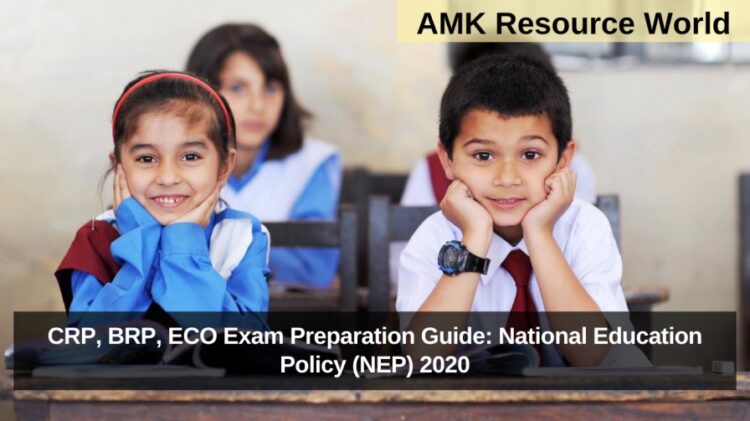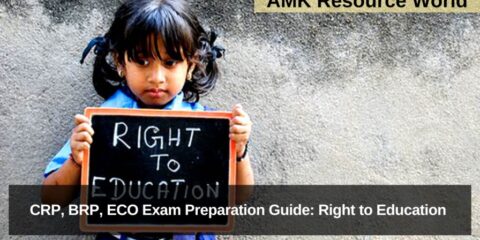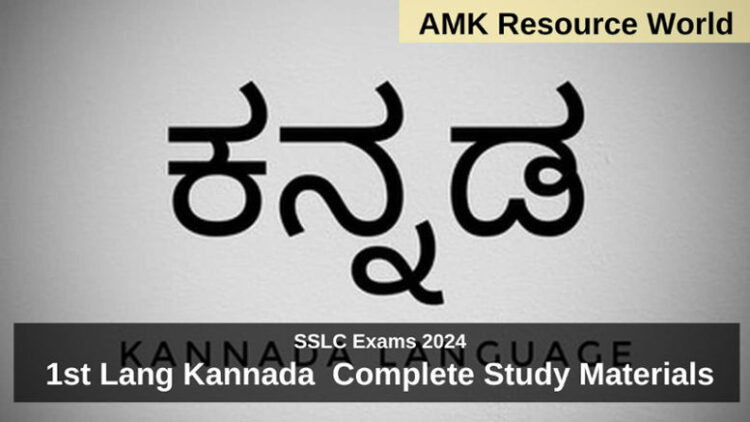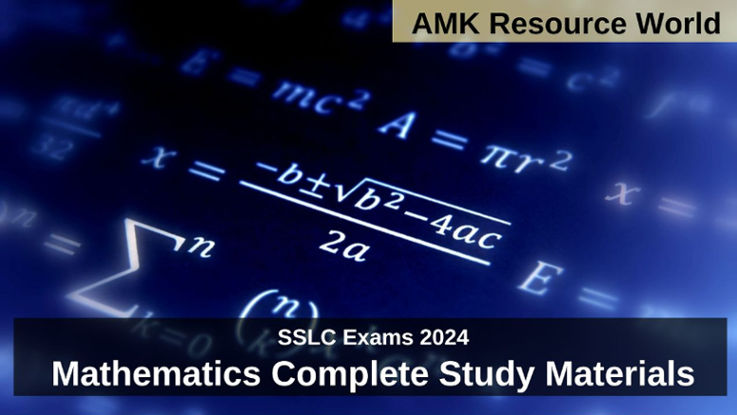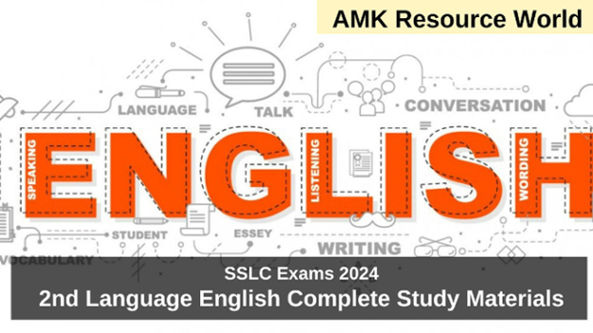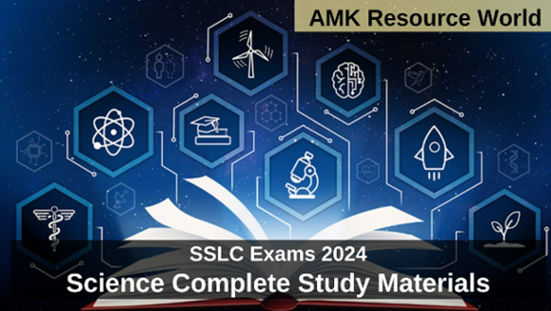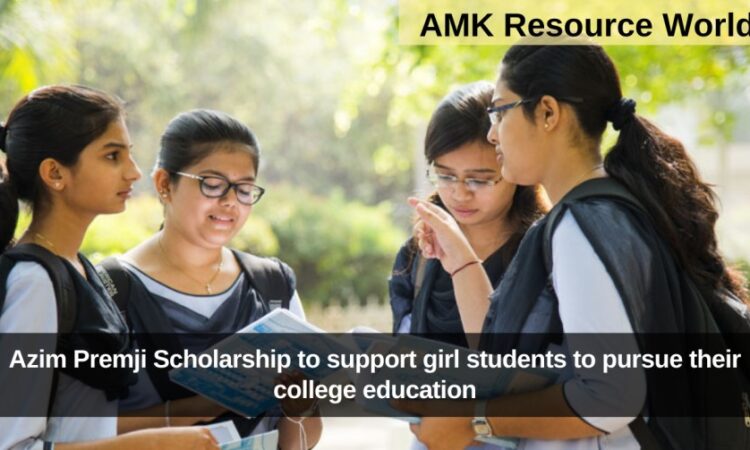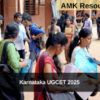The National Education Policy (NEP) 2020 is a landmark reform introduced by the Government of India to revamp the country’s education system and align it with the needs of the 21st century. Approved by the Union Cabinet on 29th July 2020, this policy replaces the previous National Policy on Education (1986) and brings sweeping changes across all levels of education—from school to higher education. It emphasizes a holistic, flexible, multidisciplinary approach aimed at fostering critical thinking, creativity, and overall development of learners.
One of the most notable changes in NEP 2020 is the shift from the traditional 10+2 system to a new 5+3+3+4 curricular structure. This model corresponds to the ages of children: five years of foundational stage (ages 3–8), three years of preparatory stage (8–11), three years of middle stage (11–14), and four years of secondary stage (14–18). This restructuring aims to integrate early childhood care and education (ECCE) into formal schooling, recognizing the importance of the early years in cognitive and emotional development.
| Also read: CRP, BRP, ECO Exam Preparation Guide: Right to Education Act |
The policy places a strong emphasis on mother tongue or regional language as the medium of instruction at least up to Grade 5, and preferably till Grade 8. This approach is expected to help children understand concepts better and reduce the dropout rate, especially in rural and underprivileged areas.
In terms of curriculum, NEP 2020 advocates for reducing the content load and encouraging experiential, inquiry-based, and discussion-based learning. It promotes vocational education from Grade 6 onwards, ensuring that students acquire practical life skills early on. The policy also aims to make board exams easier by testing core competencies rather than rote learning, with opportunities for improvement.
At the higher education level, NEP 2020 proposes a complete overhaul. It envisions a multidisciplinary education system with flexible undergraduate programs offering multiple exit and entry points. A student can earn a certificate after one year, a diploma after two years, a bachelor’s degree after three years, and an honors degree after four years. The creation of the Higher Education Commission of India (HECI) is another major initiative aimed at regulating and streamlining higher education institutions, with the exception of medical and legal education.
Teacher education and training also receive a major boost under NEP 2020. By 2030, the minimum qualification for teaching will be a four-year integrated B.Ed. degree. Continuous professional development and rigorous teacher eligibility criteria are intended to raise the standard of teaching across the country.
Digital education and the integration of technology into classrooms are emphasized to ensure equitable access, particularly in remote and rural areas. The policy promotes the use of educational technology platforms such as SWAYAM and DIKSHA.
In conclusion, NEP 2020 sets a visionary framework for transforming India’s education system into one that is more inclusive, learner-centric, and globally competitive. Successful implementation of this ambitious policy will require cooperation among stakeholders, adequate funding, and consistent monitoring to ensure that its transformative goals are met across the country.
MULTIPLE CHOICE QUESTIONS WITH KEY
| FLN MCQ | CLICK HERE |
RESOURCE HANDBOOKS
| Handbook 1 | CLICK HERE |
| Handbook 2 | CLICK HERE |
| Handbook 3 | CLICK HERE |
